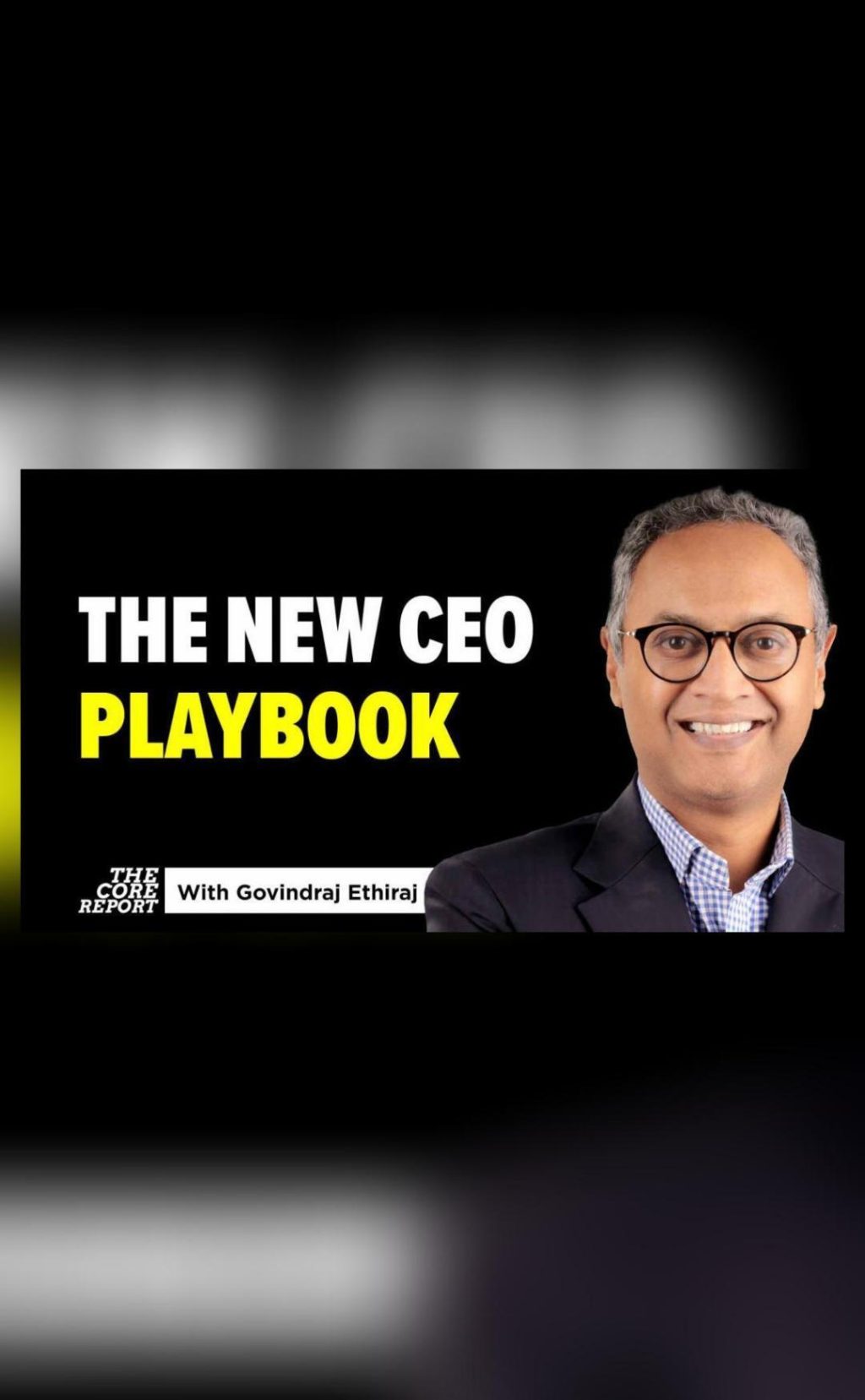
The New CEO Playbook: AI Pressures & Global Tariff Shocks
As the world becomes increasingly intertwined through technological advancements and global trade agreements, CEOs of multinational corporations are facing unprecedented challenges. Artificial Intelligence (AI) is revolutionizing industries, forcing companies to adapt and innovate to remain competitive. Meanwhile, shifting trade policies and tariffs are disrupting global supply chains, threatening the stability of businesses worldwide. In this article, we’ll explore the new CEO playbook, highlighting the internal and external pressures that are reshaping the business landscape.
Internal Pressures: Automating and Innovating
The rise of AI has created a pressing need for companies to automate and innovate. CEOs are being forced to rethink their business models, leveraging AI to streamline operations, enhance customer experiences, and drive growth. According to a recent survey by McKinsey, 83% of CEOs believe that AI has the potential to significantly transform their industries. However, this transformation requires significant investments in technology, training, and upskilling of employees.
To stay ahead of the curve, CEOs must prioritize digital transformation, focusing on areas such as:
- Process Automation: By automating routine tasks, companies can reduce costs, improve efficiency, and free up employees to focus on higher-value tasks.
- Data Analytics: CEOs must leverage AI-powered data analytics to gain insights into customer behavior, preferences, and needs, enabling data-driven decision-making.
- Customer Experience: AI-powered chatbots, virtual assistants, and personalized marketing can enhance customer experiences, driving loyalty and retention.
External Pressures: Tariff Shocks and Global Trade Disruptions
The global trade landscape has undergone significant changes in recent years, with the implementation of tariffs and trade agreements having far-reaching consequences for businesses. The COVID-19 pandemic has only exacerbated these disruptions, triggering supply chain shocks and forcing companies to adapt quickly.
Tariffs, in particular, have created uncertainty and volatility, making it challenging for CEOs to predict and plan for the future. The US-China trade war, for instance, has led to retaliatory tariffs, impacting global trade flows and supply chains.
To mitigate these risks, CEOs must:
- Diversify Supply Chains: By diversifying their supply chains, companies can reduce dependence on single sources and minimize the impact of tariffs and trade disruptions.
- Negotiate Trade Agreements: CEOs must engage with governments and trade partners to negotiate favorable trade agreements, protecting their companies’ interests.
- Develop Localized Strategies: With trade uncertainty on the horizon, companies must develop localized strategies, focusing on regional markets and adapting to changing trade policies.
The New CEO Playbook: Localize, Adapt, and Reconsider
In today’s fast-paced and unpredictable business environment, CEOs must be prepared to pivot quickly in response to changing circumstances. The new CEO playbook requires a combination of internal and external strategies, including:
- Localization: Companies must adapt to local market conditions, regulations, and customer preferences, avoiding a one-size-fits-all approach.
- Adaptation: CEOs must be prepared to adjust their strategies in response to changing trade policies, tariffs, and market conditions.
- Reconsideration: With traditional business models under pressure, CEOs must be willing to rethink and reformulate their companies’ strategies to remain competitive.
In conclusion, the new CEO playbook is a complex and dynamic document, requiring CEOs to navigate internal pressures to automate and innovate, while also responding to external forces like tariff shocks and global trade disruptions. By prioritizing digital transformation, diversifying supply chains, and developing localized strategies, CEOs can position their companies for success in an increasingly uncertain world.
Watch the News Report:
For a deeper dive into the challenges faced by CEOs, watch this news report:






